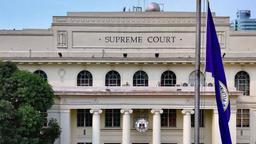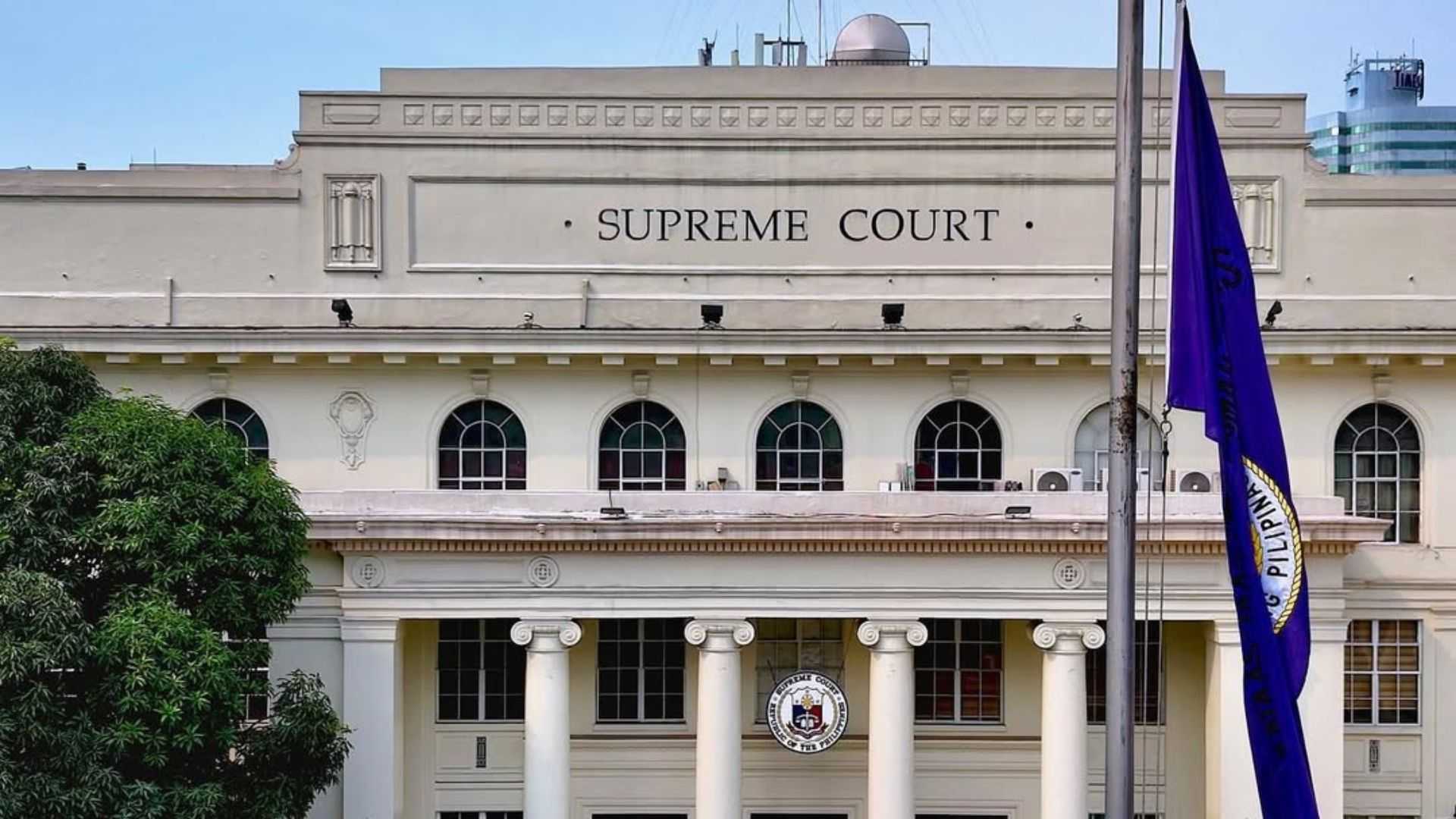

The Supreme Court (SC) restated that not having insufficient money to fund a nationwide campaign does not equate to a political aspirant being a nuisance candidate.
In a decision promulgated on July 30, 2024, the SC set aside the Commission on Elections’ (COMELEC), which cancelled the Certificate of Candidacy (COC) of Juan Juan Olila Ollesca during the 2022 presidential elections.
The Court’s decision mentioned that Ollesca filed for his COC for president as an independent candidate in October 2021. The COMELEC Law Department filed a petition to declare Ollesca a nuisance candidate, stating that he lacked the resources for a nationwide campaign, as he is not well-known.
The agency’s Second Division granted the Law Department’s petition and deemed Ollesca a nuisance candidate. Subsequently, the COMELEC En Banc denied the latter’s motion for reconsideration.
The SC reversed the agency’s ruling, emphasizing every citizen’s right to run for public office in a democratic country.
“However, this right must be balanced with COMELEC’s practical challenges in ensuring free, fair, and peaceful elections,” the SC stated.
“Having too many candidates can make the ballot confusing and harder to manage, requiring more time and resources to prepare for the election. To improve the process, the COMELEC needs to regulate the number of candidates and manage the ballots while still allowing everyone a fair chance to compete,” it added.
Under the law, nuisance candidates are described as those who are not serious about running for office and seek to confuse voters, as they interfere with the election process and the voters’ will. Before someone is deemed a nuisance candidate, the COMELEC must first show evidence to prove that the person does not genuinely intend to run for public office.
The COMELEC must consider several factors, such as a candidate’s inability to organize a campaign due to not being nominated by a political party, or the lack of experience or record of public service.
Among the qualifications considered, the SC reinstated that the ability to fund a nationwide campaign, being part of a political party, or having nationwide recognition, do not determine the likelihood of one’s success or intention to run for public office.
“Requiring candidates to have the financial means to run a campaign would unfairly add a property requirement that the Constitution prohibits. The SC emphasized that regardless of wealth, everyone has the right to run for office. A candidate cannot be disqualified simply because they are poor,” the Court said.
“To be on the ballot, it is enough for a candidate to show they have significant support,” it added.




